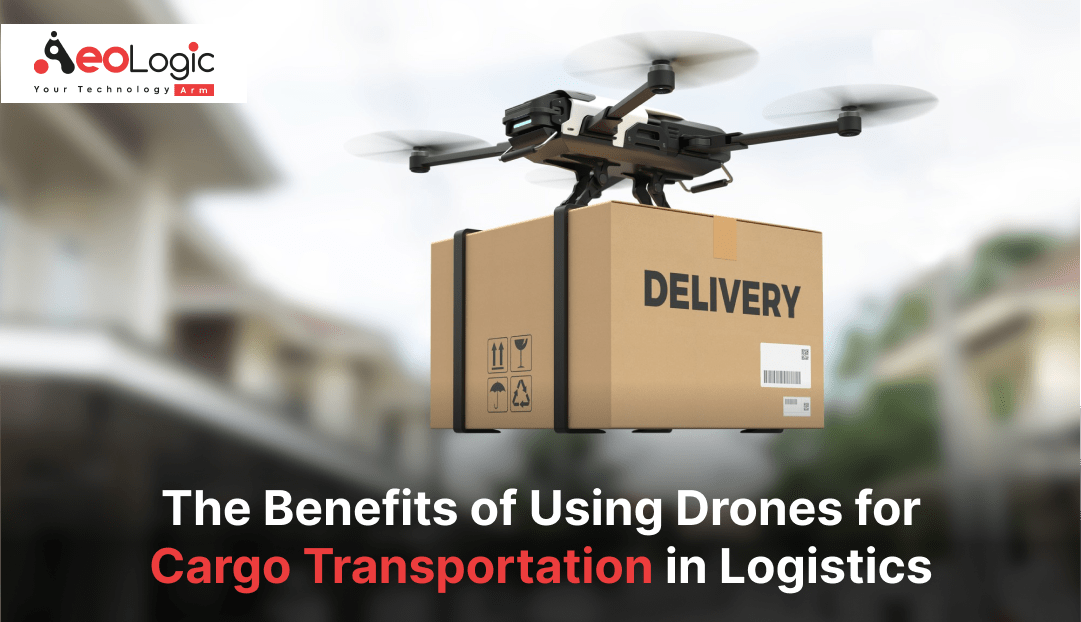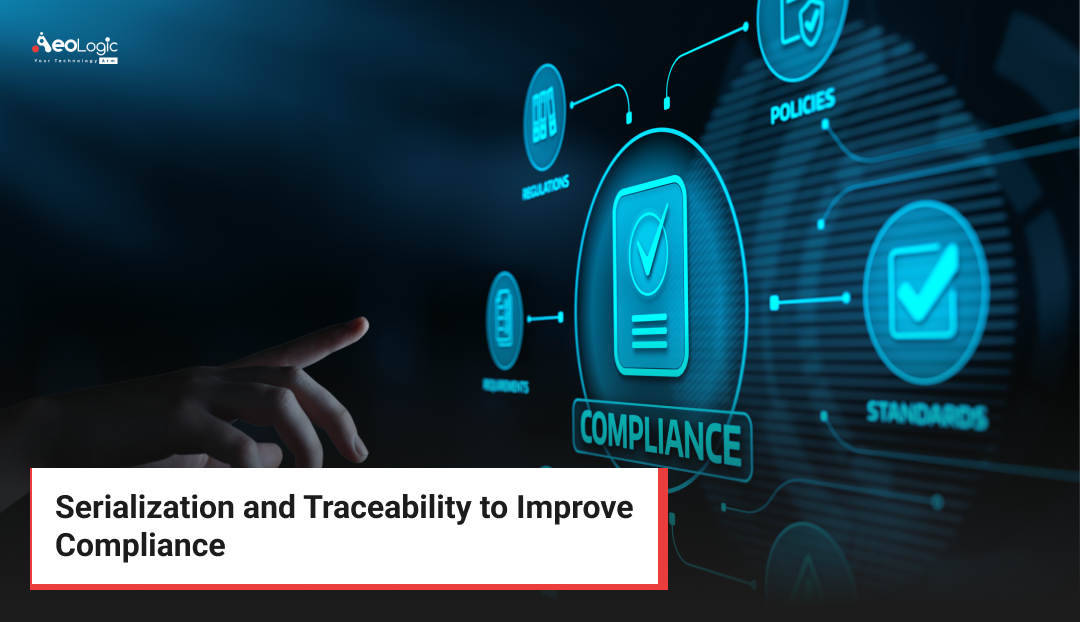In the fast paced world of logistics, effectiveness and speed are pivotal. Traditional styles of cargo transportation face multitudinous challenges, from traffic congestion to limited access in remote areas. Still, advancements in technology, particularly the use of drones, are revolutionizing the logistics assiduity. Benefits of drones for cargo transportation in logistics make them highly attractive for cargo transportation, promising to reshape supply chains globally.
Also read: Three ways Drones are Supporting Pharma Supply Chains
Benefits of Drones for Cargo Transportation in Logistics
Speed and Effectiveness
One of the most significant benefits of drones for cargo transportation in logistics is their capability to significantly reduce delivery times. Unlike conventional transportation styles that can be hampered by traffic congestion and logistical backups, drones can navigate directly to their destinations in a straight line, avoiding numerous obstacles that decelerate down road transportation. This effectiveness is particularly important for time sensitive deliveries, for example, as medical inventories, where every nanosecond saved can make a pivotal difference.
Cost Effectiveness
Drones have the eventuality to lower transportation costs in several ways. Originally, they bear lower force to operate compared to traditional delivery styles, reducing labor costs. Secondly, drones can pierce remote and hard to reach areas that are precious or delicate to reach by ground transportation, therefore expanding the reach of logistics networks without the need for expansive structure investments. Also, drones have lower functional costs related to energy and conservation compared to truck or aeroplanes, especially for short to medium range deliveries.
Environmental Impact
The environmental benefits of drone delivery can not be exaggerated. Electric- powered drones produce zero emigrations during operation, making them a greener option to traditional delivery vehicles that calculate on fossil energies. By reducing the carbon footmark associated with logistics operations, drones contribute to sustainability efforts and help alleviate the impact of transportation on climate change. This eco friendly aspect is highly important as businesses and consumers likewise prioritize environmentally responsible practices.
Flexibility and Scalability
Drones offer equal flexibility in logistics operations. They can be stationed fleetly and are able of delivering loads of different sizes, from small packages to larger particulars depending on the drone’s specifications. This scalability makes drones suitable for a wide range of operations across different diligence, including retail, healthcare, and disaster relief. Also, drones can operate autonomously with minimum human intervention, allowing for constant operations 24/7 if demanded, thereby enhancing logistics effectiveness and responsiveness. Check our RFID solutions for your logistics business.
Improved Safety and Security
Using drones for cargo transportation can enhance safety and security in logistics operations. Drones can navigate through dangerous or unsafe surroundings without putting human lives at threat, similar as delivering inventories to disaster stricken areas or transporting medical inventories to remote conventions in regions with limited structure. Also, drones equipped with advanced detectors and GPS technology can give real time tracking and monitoring of cargo, reducing the threat of theft or loss during transportation.
Innovation and Technological Advancement
The relinquishment of drones in logistics represents a step forward in technological invention. Companies investing in drone technology are driving advancements in independent navigation, artificial intelligence, and detector technologies. These inventions not only ameliorate the capabilities and trustability of drones but also have broader operations across different sectors beyond logistics. As drone technology continues to evolve, so too will its implicit to revise the way goods are transported and delivered globally. To know more, check out our AI Automation solutions for adoption of drones for your business.
Sustainability
Companies are highly concerned with sustainability as investors, governments, and consumers push ESG to the top of the list. One area where associations can really make a difference in terms of their carbon footmark is the supply chain, and integrating drone delivery into logistics operations can have a positive impact then. Powered by batteries as opposed to fossil energies, drones can help companies significantly reduce their energy emigrations and hit their environmental targets.
They also open up openings to work more efficiently, for illustration, by using drones rather of heavy trucks to make individual deliveries of small particulars. For small packages traveling the last mile, the World Economic Forum cites that drones can use up to 94 percent lower energy per package than other vehicles, making drone technology a crucial technology to factor into greener operations.
Challenges and Considerations
While the benefits of drones for cargo transportation in logistics are clear, several challenges must be addressed for wide relinquishment. Regulatory fabrics governing air space use, safety norms, and public acceptance are critical factors that need careful consideration. Also, technological limitations similar as battery life, cargo capacity, and rainfall conditions can impact the functional effectiveness of drones and bear ongoing exploration and development efforts.
Beyond Delivery – The Future of Drones in Transportation
While drones offer numerous advantages when it comes to delivery, their part goes way beyond simply carrying cargo from A to B. In the logistics assiduity, for illustration, we anticipate to see drones highly being used to pick goods in storages. Drones are used in disaster operation, delivering critical medical inventories and helping deliverance team in the look out operation for survivors. From agriculture to mining and indeed cinematography, drones are highly being integrated into operations across a variety of sectors.
Also read: The Role of Drones in Enhancing Supply Chain Efficiency
Conclusion
In conclusion, drones represent a transformative technology with the eventuality to review the logistics geography. From faster delivery times and reduced costs to environmental sustainability and enhanced safety, the benefits of using drones for cargo transportation are compelling.
As technology continues to advance and regulatory fabrics evolve, drones are poised to play an important and integral part in ultramodern supply chains. Embracing drone technology pledges not only to streamline logistics operations but also to unleash new possibilities for businesses and consumers likewise in the global marketplace.







